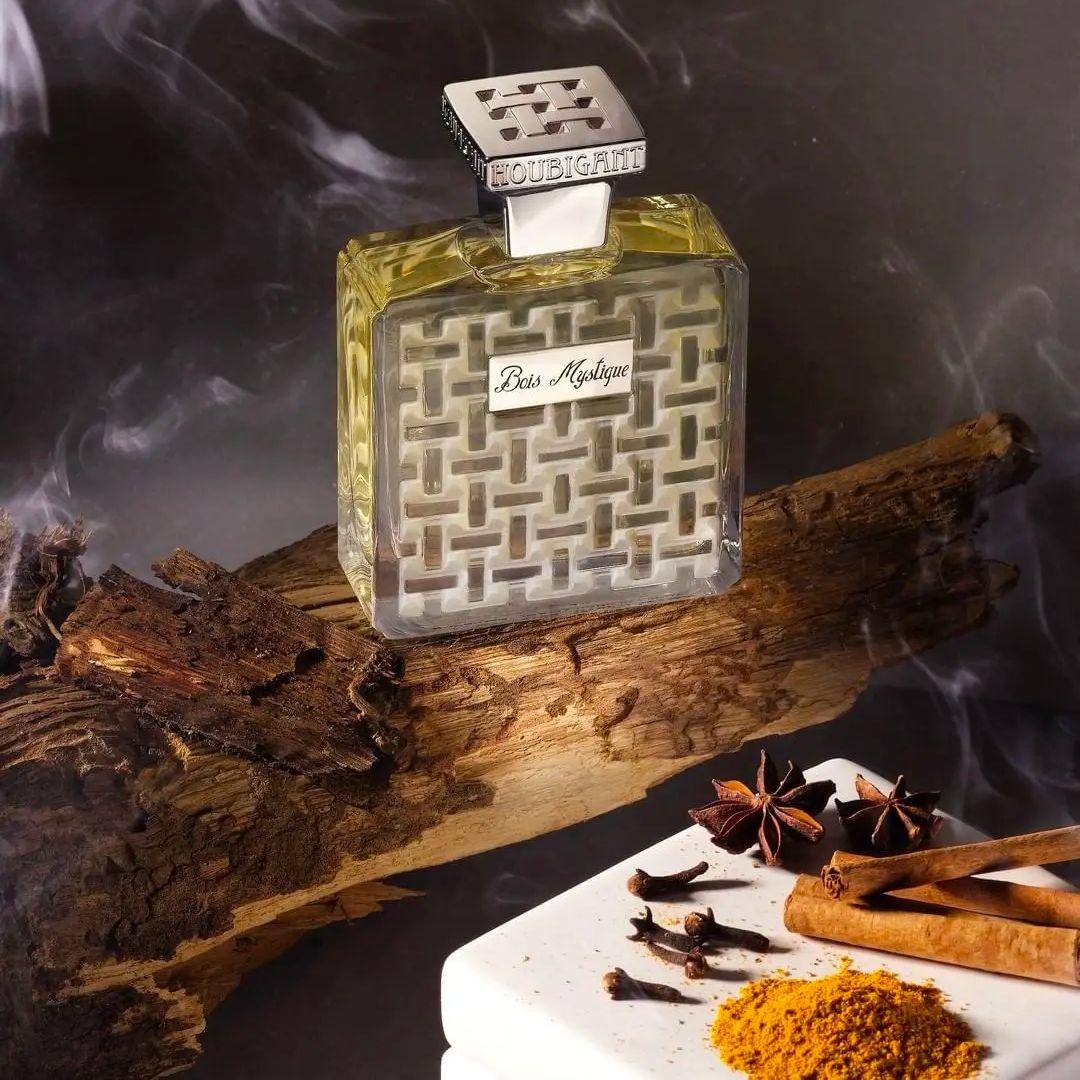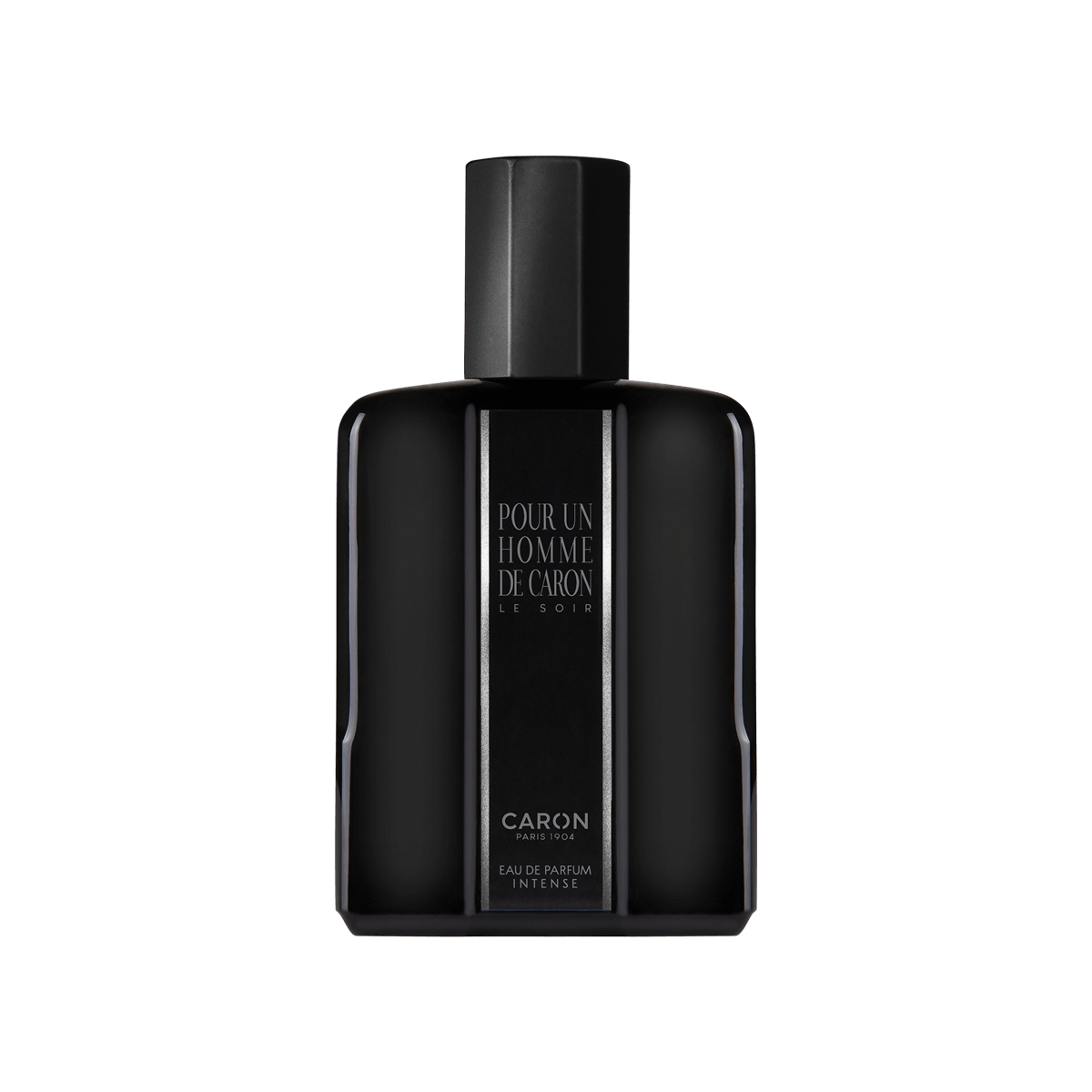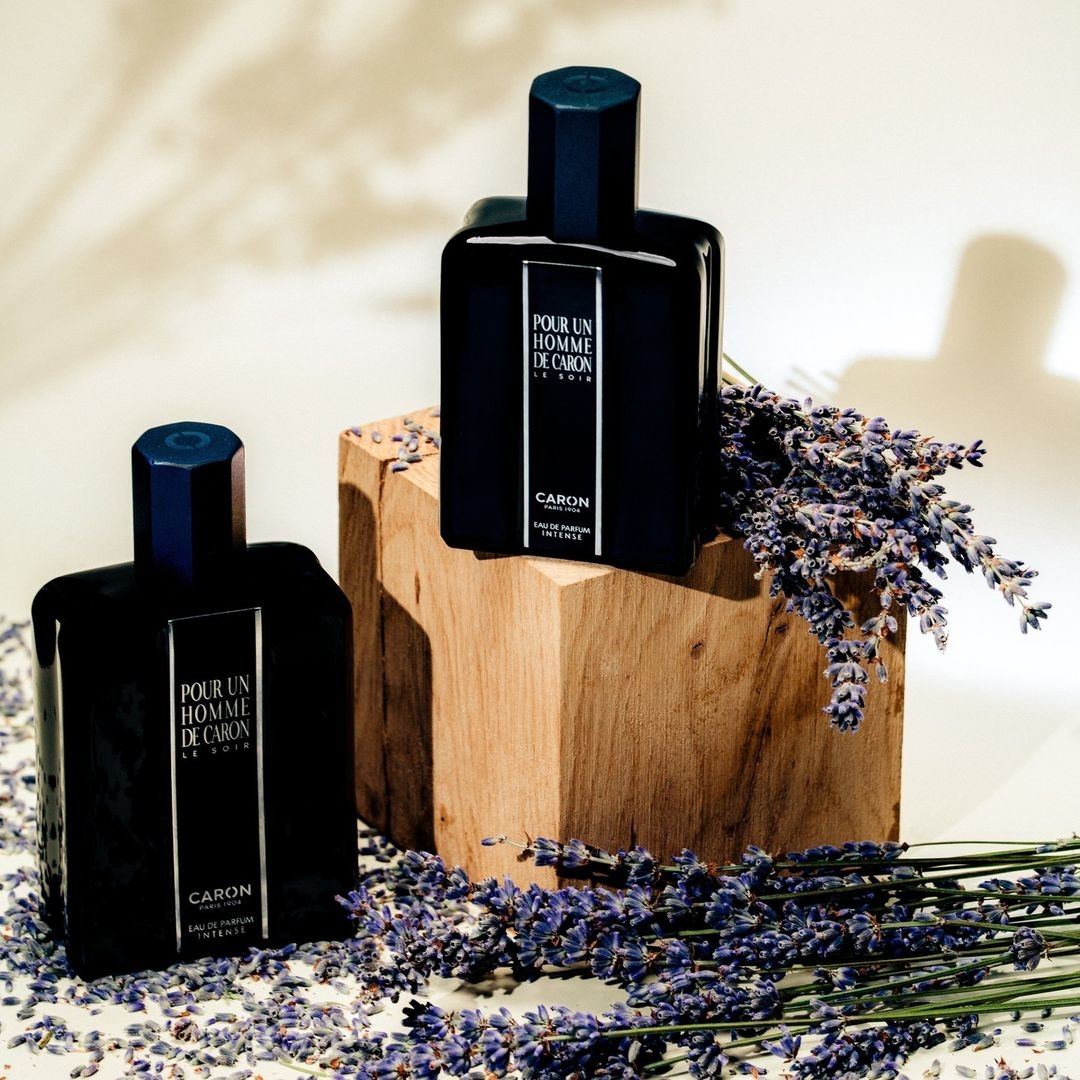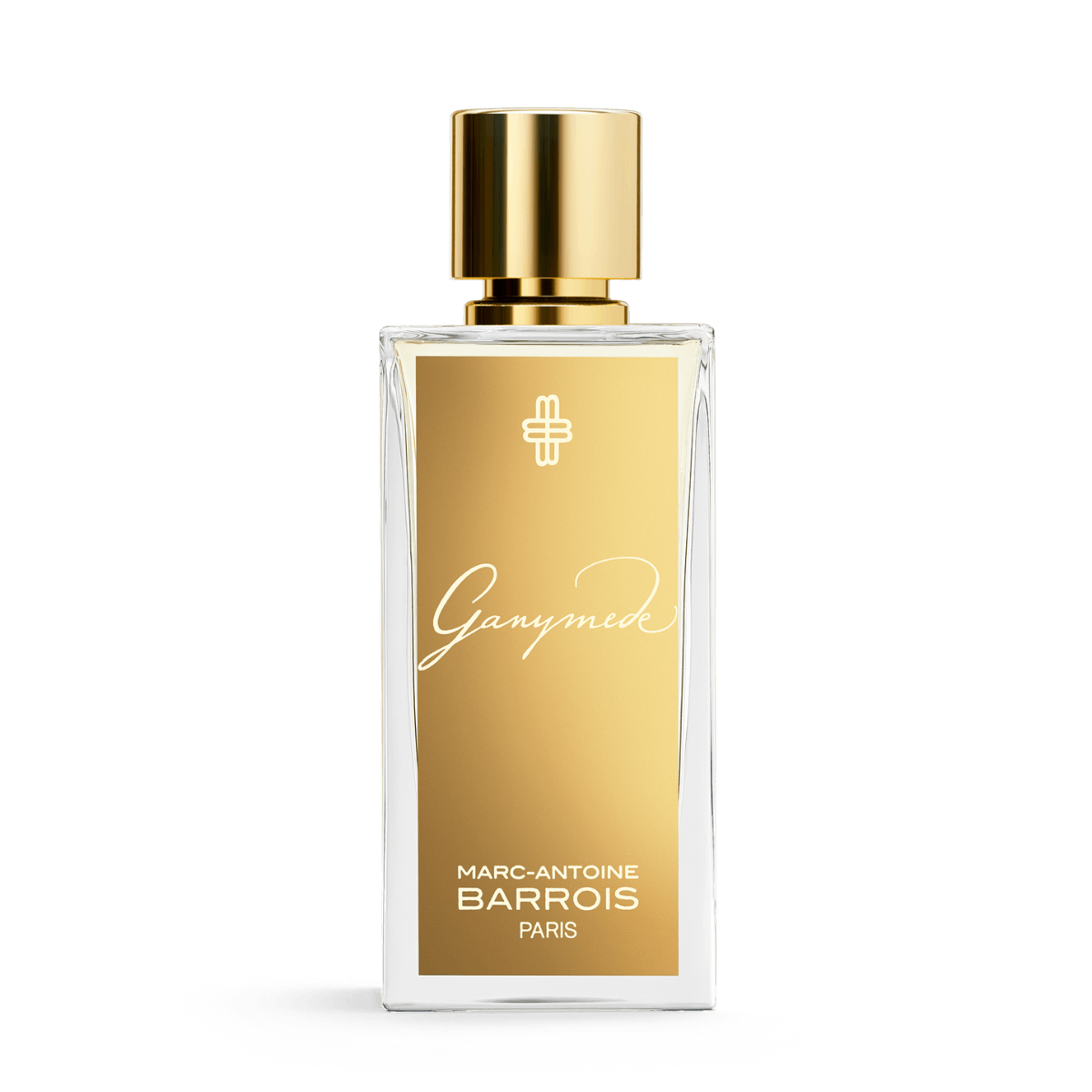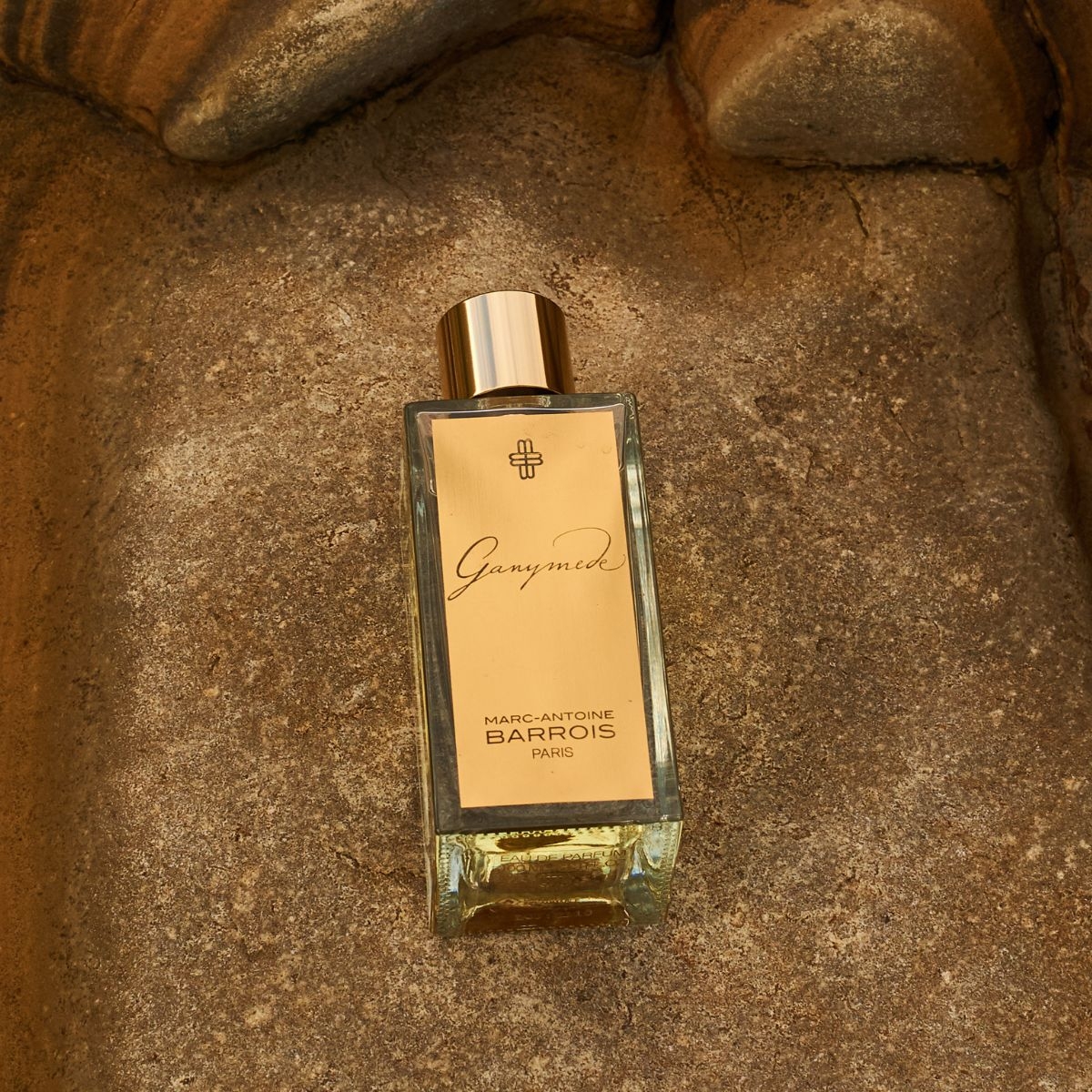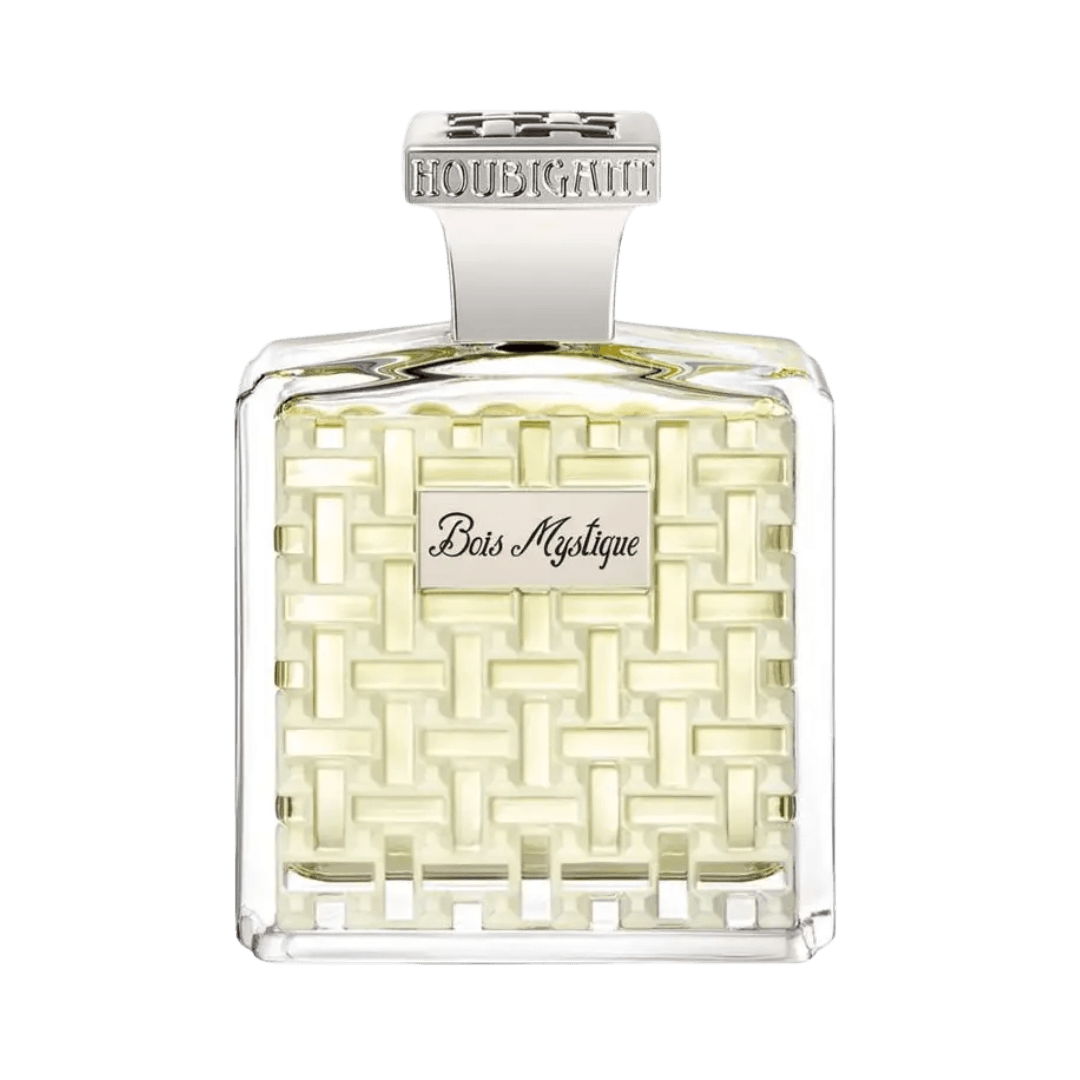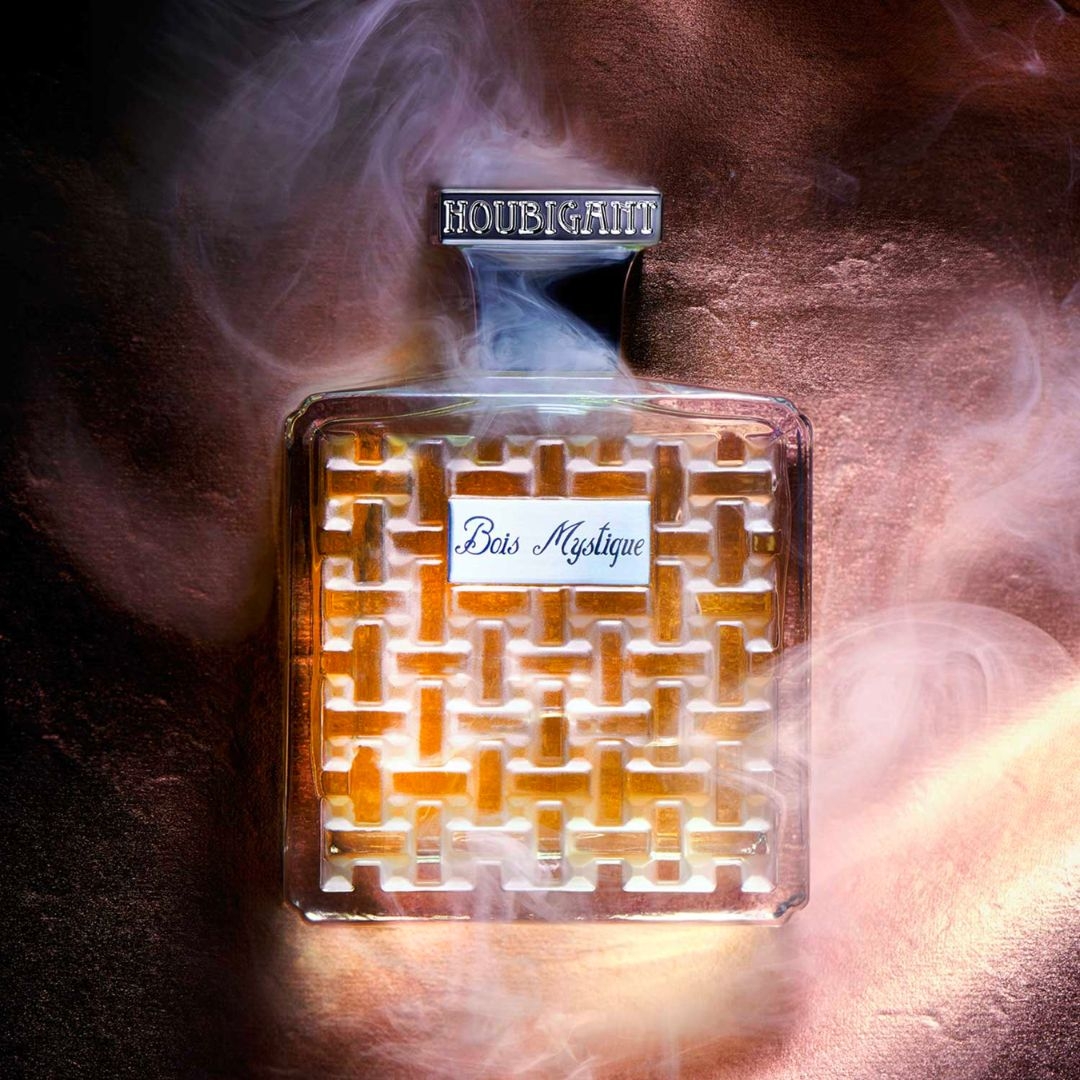What is the difference between perfumes for women and perfumes for men?
"Feel free to wear what you like, and don't care about this classic classification."

Is perfume gender specific?
Perfumes have a rich cultural history that reflects the times we live in. They are often intertwined with stereotypes, like the association of blue with boys and pink with girls.
In this blog, we will share our thoughts on gender in perfumes and we hope you end up choosing what you personally like, rather than believing what you should wear.
Zeitgeist
Throughout history, perfumes were mainly linked to social and elite status rather than being stereotyped as masculine or feminine. However, in the late 19th century this changed. With the introduction of synthetic ingredients, modern perfumery was born, a revolutionary turning point in history.
Perfumers could unleash their creativity in their formulas thanks to all these special ingredients. This is also made it possible to focus on specific traits traditionally associated with masculinity or femininity. For example, women's perfumes became more and more associated with sweet, floral, and fruity notes while men's fragrances were heavier with animalic, woody, or green mossy notes.
The roaring '20s was a time that brought much more freedom to women. They literally broke free from their corsets, began smoking, wearing pants and started wearing modern, bold perfumes such as Tabac Blond (1919), a fragrance by perfume house Caron with leather and tobacco accords, and Chanel No5 (1921). These perfumes were very different from the fragrances before that time.
Cultural and individual influences
Scent perception, besides being very personal, is also culturally determined. What is that cultural aspect?
What we consider a feminine scent in Western Europe may be a totally different experience in another country. As example, in the Middle East men wear fragrances with roses and women often wear heavy woody scents with oudh. In the West, perfumes with roses are less popular with men.
Another important aspect is "scent association". Our reactions to scents are tied to our memories. If your mother wore a floral perfume, you are more likely to associate flowers with women. Just as you will experience scents you smelled from your father or grandfather as masculine.
What about the personal aspect? Because perfumes can interact differently with individual skin chemistry, the way a fragrance develops can vary from person to person. Hormones, which differ between men and women, can also influence how the scent is perceived. Therefore, a particular perfume will never have exactly the same aroma on a man as it does on a woman
In "niche perfumery," independent (master) perfumers are not tied to large-scale marketing campaigns. Their perfumes are seen more as an art form and thus are freer from stamps such as "masculine" or "feminine. After all, there are no exhibitions or concerts just for women or men either.
Our vision
We believe that you should wear what you like and what smells good on you, regardless of a label "for him" or "for her". You get to decide. There are no rules except, have fun and dare to experiment!
